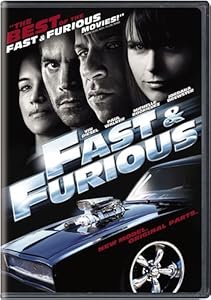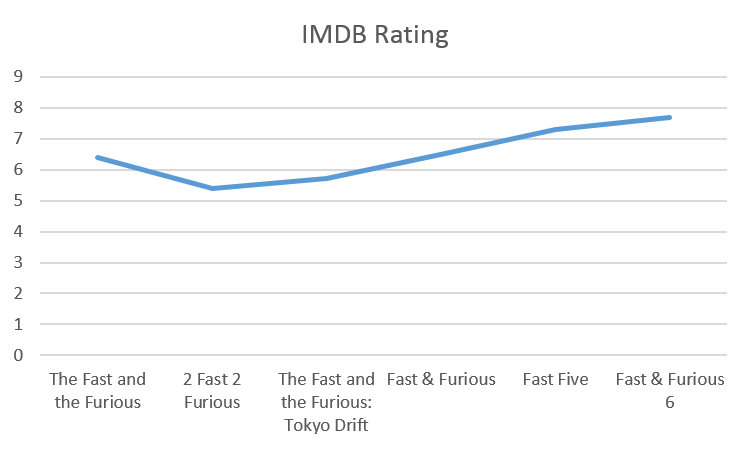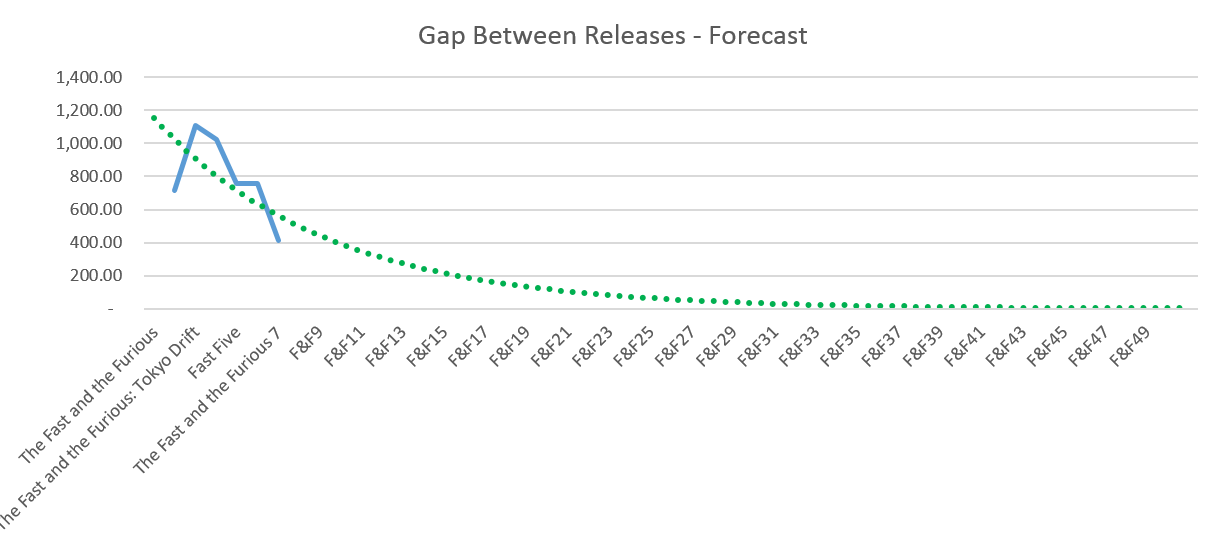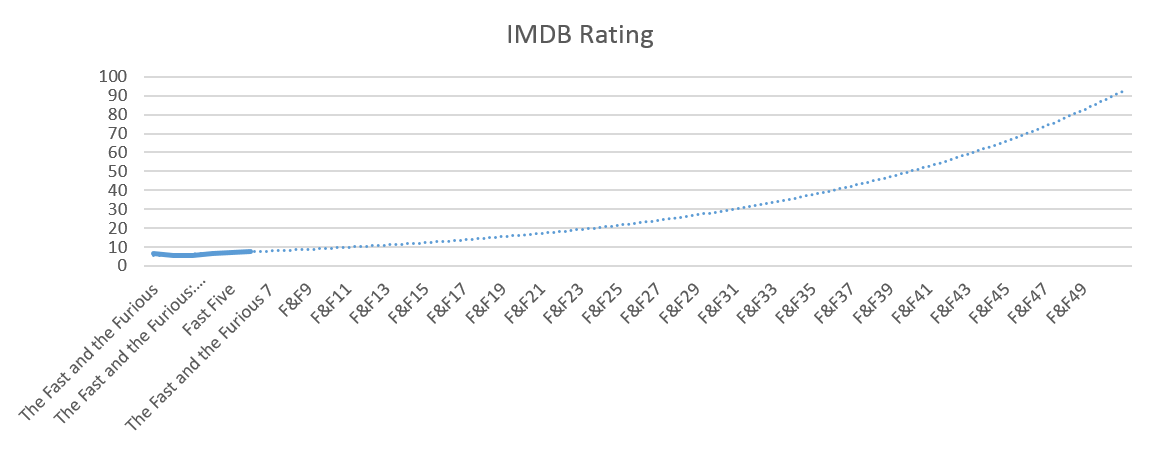The top 20 signs that the world is getting nerdier
What mouthwash flavoured Coke from Djibouti can teach you about differentiation and strategy.
Last week I had the honor of being invited to speak at the Melbourne HR Talent Community with Steve Pell of Intrascope Analytics. Steve and I discussed analytics for HR, why "Big Data" is all the rage, and why most of the valuable data about your workforce is already sitting inside your internal systems (Big Data or Small Data, it's all about the insights). The enclosed video is 8 minutes extracted from the 45+ minute conversation.
Talent Branding is really just Talent Advertising if it's not part of a coherent, holistic workforce strategy.
I'm happy to announce some upcoming Strategic Workforce Planning masterclasses in Melbourne (July), Sydney (July), and Auckland (August). Attendees at the recent Wellington Workshop described it as
- "A thought provoking and clarifying call to action.";
- "Practical, experience-based learning about a comprehensive model for conducting workforce planning";
- "A relaxed, social environment that made participation and involvement easy.";
- "A fascinating introduction to the world of Strategic Workforce Planning."; and
- "Not having enough morning tea".
We're fixing that last one. If you're interested in attending, more information, dates, and bookings for both Australian and New Zealand courses can be found here.
A picture can tell 1000 words. But sometimes it just says "huh?"
Back in 2005, Fast Company published an article called "Why We Hate HR". Amongst other things, it named and shamed a conference speaker for a presentation that was difficult to understand at an HR Conference (crime of crimes)... The article is thick with hatred for HR - the opening paragraph suggests that the conference topic, "strategic HR leadership", signals "a conceit that sounds, to the lay observer, at once frightening and self-contradictory. If not plain laughable." While it's true that many HR professionals aren't there yet, even 8 years later, I'm not sure why we should be criticised for trying to get there.
There's a lot of HR bashing out there. Here's some that I uncovered in about 15 minutes today:
- Reddit: "F*&$ing Recruiters. Especially ones named Ryan"
- Reddit: "Recruiters. F*$& them, seriously. I swear they create entire jobs just to get your name on a database."
- Twitter: I hate HR folk
- Twitter: Hi my name is Ryan and I hate HR. You can't verify I graduated high school? And because of this you're skeptical I'm in college? Come on.
- Twitter: Reason to hate HR number 10345: apparently they think the break room is their new cubicle
- Twitter: Some big Cos online recruitment systems really are absolute CRAP! Bet it was "HR Professionals" who designed it! I HATE "HR Professionals"
- Twitter: I can get to the Passport Unlimited interview on the bus, then a 10-minute walk. Yay. I think I hate HR ladies.
- Twitter: The human resources department for New Haven sucks ass, pick up or call me back.
- Twitter: I've decided to refuse to listen to negative a#$holes, so now HR is sending for a hearing test.
- Twitter: What is called when you drunk call your job solely on the weekends? I'm asking because these a#$holes at HR won't tell me.
- Blog Comment: "There's a special circle in hell for HR people"
So why the hatred for HR? In every profession, there are good practitioners and bad practitioners. But a bad corporate accountant, marketer, lawyer, project manager, IT professional, etc. can't affect your life to quite the extent that a bad HR professional can. We're working with people's livelihoods - it's a responsibility we need to take seriously.
Ultimately, the article concludes that HR has a unique potential to discover things about the business through the lens of people and talent, and in doing so to create competitive advantage. The reason that the author claims to hate HR is that "in most companies, that opportunity is utterly wasted". Does that describe your organisation? What are you doing to align your workforce strategy to your organisational strategy and unlock competitive advantage? Have we moved on from the criticisms made of HR 8 years ago, or are we still, as the author puts it, "stuck"?
The only sense that is common in the long run, is the sense of change and we all instinctively avoid it - E B White

One of the things about purely numeric forecasts is that they often show how unsustainable a trend can be. The "No Change Future State" shows what will happen if current trends continue (even though we know in the real world they won't). This isn't scenario planning, it's not strategy, and it's not a predictor - it's simply a conversation starter. Unfortunately, it's also the point at which most organisations stop their workforce planning & analytics efforts - they're not able to make the leap of faith from the hard numbers of the past to the "dark art" of scenario planning. Unfortunately, this can give you a false sense of confidence in your ability to predict the future.
Let's take The Fast & The Furious movie franchise and see what happens if you calculate the No Change Future State. The Fast & The Furious 6 has just been released, and the 7th movie in the franchise is already under development. What we want to forecast here is whether the movies will get better over time, how much they'll earn in their opening weekend, how quickly they will get released, and how long the movie will be. Let's take a look at the figures.
First, here's some of the details of the films so far:
Fast and Furious Movies
Next, let's look at some of the key metrics over the history of the franchise so far:
Fast and Furious - IMDB Rating
Fast and Furious - Opening Weekend
Fast and Furious - Length Between Releases
Fast and Furious - Movie Length
Now, let's calculate a trendline and forecast it out to - say - movie #50 in the series:
Fast and Furious - Days between releases forecast
Prediction: The Fast & Furious 50 will be released on the same day as Fast & Furious 49 (tweet this)
Fast and Furious - Forecast IMDB Rating
Prediction: Fast & Furious 50 will be a cinematic masterpiece in the class of Shawshank Redemption and The Godfather (tweet this)
Fast and Furious - Movie Length Forecast
Prediction: Fast & Furious 50 will have a running time of just over 6 hours (tweet this)
Fast and Furious - Opening Weekend Forecast
Prediction: Fast & Furious 50 will make just over $1.3 Billion USD in its' opening weekend (tweet this)
So there you go - based on extrapolating historic trends, here is my relatively defensible but completely ridiculous prediction for the future of the Fast & Furious franchise:
The Fast and the Furious 50 will be released on the same day as The Fast and the Furious 49; will make around $1.3 Billion USD in its' opening weekend; will be just over 6 hours long; and will be a cinematic masterpiece (IMDB Rating 9.1); in the same league as The Godfather and Shawshank Redemption (both have an IMDB Rating of 9.2).
And that's the value of the No Change Future State - showing the trends, sustainable or otherwise, and starting a conversation. It doesn't mean it's going to pass the common sense test. Extrapolating existing data isn't enough - you need scenario planning to understand the range of possible futures ahead of you. There's value in the No Change Future State, but like all futuring - keep in mind that you're forecasting, not predicting!
Bonus: Trailer for Fast & Furious 6, in case you want to get on board now that you've read my predictions:
[youtube=http://www.youtube.com/watch?v=dKi5XoeTN0k]
Related articles
- We Watched Fast and Furious 6 So You Don't Have To (autoweekusa.kinja.com)
- The Complete History of Every Important Car in the "Fast & Furious" Franchise (complex.com)
- Why the 'Fast & Furious' Franchise Won't End (newsy.com)
- 5 Stunts From Fast & Furious 6 (hyyerthoughts.com)












